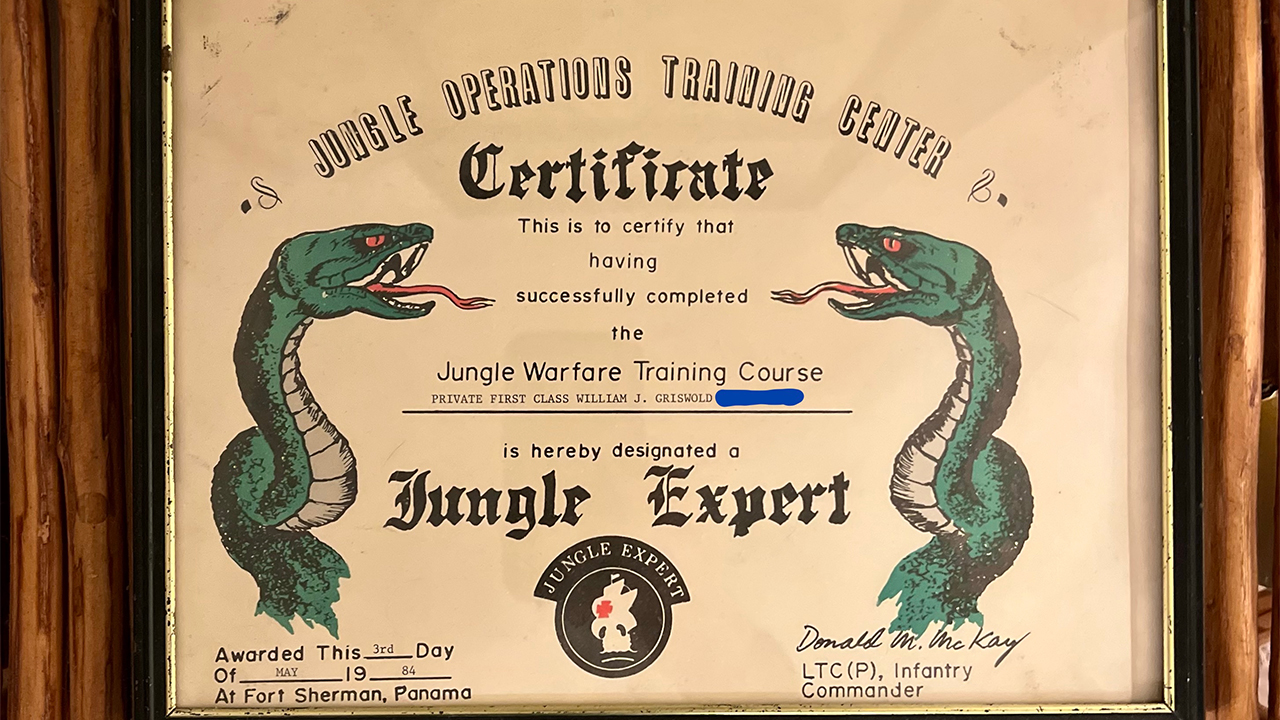Inescapable Stories
February 5, 2023

A shipwreck, a desertion, a stranding on an isle, then the adventure stories begin.
The mind creaks and groans in the storm of life like a ship in terrible seas (metaphors of course: life is life, and a storm is a specific storm, and the mind, whatever it is, is not a nineteenth-century sailing ship), still making way but in danger of capsizing, or splitting up and breaking in two in the troughs, then after dinner a Henry James narrator leans on the mantel and begins to tell a psychological tale he has gleaned from an acquaintance who saw a curious thing in those waves.
What else is life but survival or doom and, in the human experience, stories of them? Literature, psychotherapy, home talk, social media posts, sermons, books and lectures on economics, history, and all the scholarly fields of human inquiry, are all stories, in the most neutral sense of the word. Why are there so many stories, and why do we try so hard to get them right, as we see it, when it might be easier to live in the moment?
A cynical view would be that everyone is in on the hustle. Stories can generate power, control, money, and influence, or mark devotion to “truth,” kindness, concern, or beauty. Stories are told out of fear of chaos and meaninglessness, or in the hope of uniting or dividing others. It is not an exhaustive list of motives, and varying measures of their payouts may be more numerous than the stories themselves.
Maybe the universe needs stories because it decided on individual forms instead of one thing without differentiation. What one thing could contain actionable knowledge of the all? An oak may be made of the same universal stuff as a snail, but it cannot hope to use its knowledge to slither down the walk. Realist novels may be made of words as religious pamphlets are made of them, but they do not enjoy the same work.
Besides, how would it feel to fully inhabit everyone else’s stories? As someone said, the difference between comedy and tragedy is understanding, and if all was understood—really felt and known—there might never be laughter again.
Words, stories, and art, are approximations, part of their pleasure. Think of the obsessiveness of long-career artists to make meaning through time. In Tom Petty and the Heartbreakers, Runnin’ Down a Dream, the Peter Bogdanovich documentary, Bill Flanagan, former MTV VJ and media executive, says that Petty, who was abused at times by his father and who lost his mother early, had the kind of drive that indicated “you have something to prove to somebody who’s not listening to you.”
Flanagan says, “His message was simple and profound: ‘You are not alone.’”
Writer Annie Ernaux, Nobel winner in 2022, says in A Girl’s Story that she wrote in a journal, “[T]he only thing that matters to me is to seize life and time, understand, and take pleasure.” A true writer’s sentiment, and a radical acceptance of things too vast to pin down, which we might call by the metaphor love.








